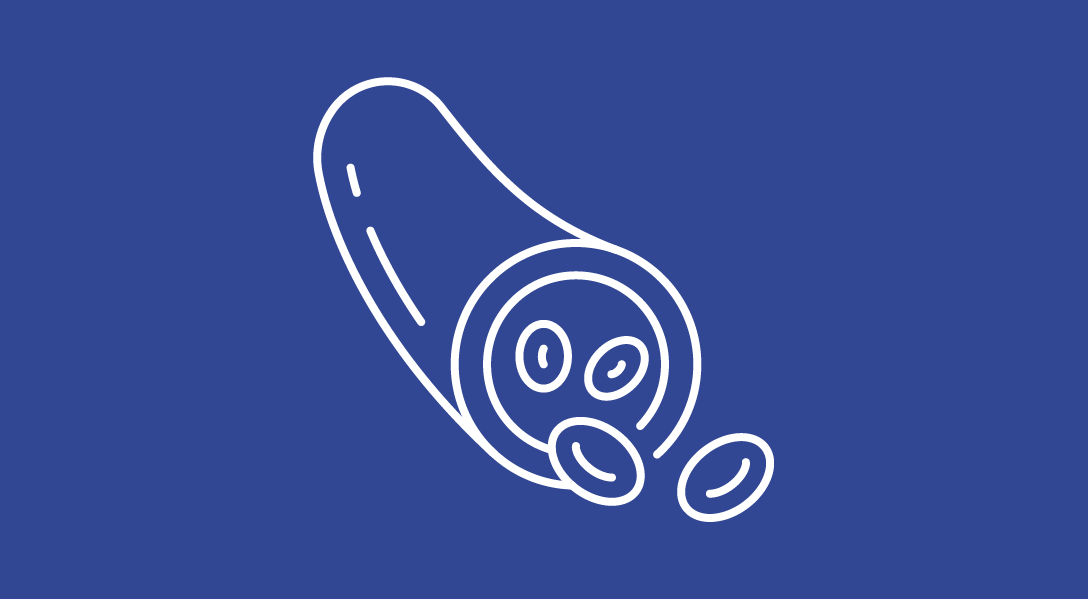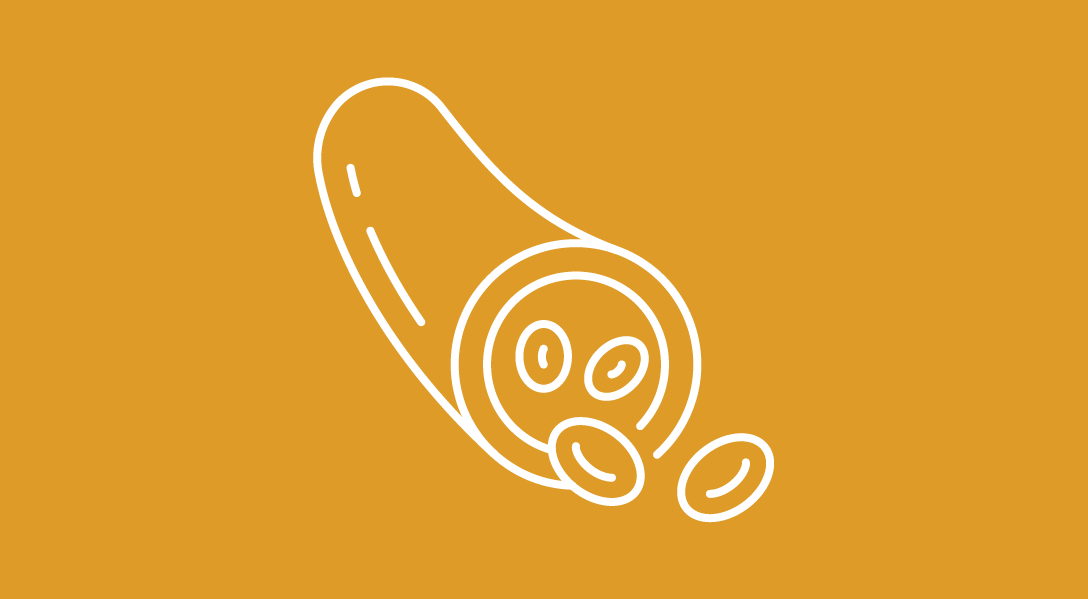Opinion: KRAS Mutations Provide Prognostic Insights and Expand Treatment Options
Oncology nurses can assist patients in understanding the significance of KRAS mutation testing and its treatment implications.
Amanda Brink, DNP, APRN, FNP-BC, AOCNP

Kirsten rat sarcoma (KRAS) mutations are genetic alterations that occur in the KRAS gene, a type of oncogene responsible for regulating cell growth and division. Commonly identified in human cancer cells, these mutations occur in up to 85% of all cancers.1 Notably, they are prevalent in specific cancer types, such as 90% of pancreatic ductal adenocarcinomas (PDAC), 43% of colorectal cancers (CRC), and 30-35% of non-small cell lung cancers (NSCLC), with smaller percentages found in other types of solid tumors.1 The continuous activation of KRAS resulting from these mutations promotes uncontrolled cell proliferation and significantly contributes to the development of cancer.
One of the challenges in targeting KRAS mutations with novel therapy drugs in oncology is the diversity of KRAS mutation types. Oncology nurses are likely most familiar with KRAS G12C mutations, as there are currently two FDA-approved therapies for targeting KRAS G12C in NSCLC: sotorasib (Lumakras)2 and adagrasib (Krazati).3 Despite approved therapies for KRAS G12C, patients may develop resistance, necessitating the development of next-generation drugs.
Before delving into the intricacies of KRAS mutations, it's helpful to understand their nomenclature, which typically includes the amino acid change and its position in the protein. For example, KRAS G12D refers to a substitution of the amino acid glycine (G) with aspartic acid (D) at position 12 of the KRAS protein.4 Similarly, G13D refers to a substitution at position 13.
Exploring Distinct KRAS Mutations in Pancreatic Cancer
In patients with PDAC, most mutations occur at position 12. The most common are KRAS G12D mutations (35%), followed by G12V (20-30%), G12R (10-20%), Q61 (5%), and G12C (1-2%).5
Recently, Yousef et al conducted a retrospective study involving 803 patients with PDAC, 42% of whom had metastatic disease. The study aimed to assess the impact of KRAS mutation status and subtype on patient prognosis. KRAS gene mutation status was examined in 703 patients, revealing that 578 (82%) had a KRAS mutation. The median overall survival (OS) for all 803 patients was 19 months.5
Among the 578 patients with a KRAS mutation, 227 had G12D (39%), 182 had G12V (31%), 81 had G12R (14%), 35 had Q61 (6%), and 53 had other uncommon KRAS variants (9%).
Patients with wildtype KRAS displayed a median overall survival (OS) of 38 months. Among patients with KRAS mutations, those harboring G12R demonstrated the most favorable prognosis, with a median OS of 34 months. Patients with G12V exhibited a median OS of 30 months, G12D tumors showed a median OS of 22 months, and those with Q61 had a median OS of 20 months.
In the subset of patients with metastatic disease, KRAS mutations remained significantly correlated with OS (P = .034). Patients with metastatic disease and KRAS wildtype had a median OS of 24 months. Those with the G12R mutation had a median OS of 25 months. Patients with G12V had a median OS of 17 months, patients with a Q61 mutation exhibited a median OS of 15 months, while patients with the G12D mutation had a median OS of 11 months.
Investigating Therapeutic Options for Patients With KRAS-Mutated Cancer
The above data underscore the substantial need to explore therapeutic options for patients with KRAS-mutated cancer, both in the metastatic and adjuvant settings. Clinical trials are currently ongoing to target these various KRAS mutations.
To highlight a recently published clinical trial, Pant et al reported results from a phase 1 clinical trial (NCT04853017) involving patients with PDAC and CRC harboring KRAS G12D and KRAS G12R mutations. Twenty-five patients were enrolled, with 80% having PDAC and 20% having CRC. All patients had undergone prior anti-cancer treatments, including surgery, chemotherapy, and/or radiation therapy.6
Patients who have undergone these treatments remain at high risk for disease relapse.
Eligibility criteria included the absence of disease on imaging, though patients had elevated serum tumor markers (carbohydrate antigen [CA] 19-9 or carcinoembryonic antigen [CEA]) or positive circulating tumor DNA (ctDNA).
Patients were treated with ELI-002, an oncolytic vaccine targeting KRAS G12D and KRAS G12R, in small cohorts with gradually escalating doses, following a typical phase 1 clinical trial design. Thirteen patients discontinued treatment due to disease progression, and none discontinued treatment due to side effects from ELI-002. The most prevalent side effect of ELI-002 was fatigue, followed by injection site reaction and myalgias. No patients experienced a grade 3 or higher adverse event attributed to the study drug.
The researchers assessed the tumor biomarker response in patients, defined as a decrease from baseline in ctDNA and/or serum tumor markers (CEA and CA 19-9). Eighty-four percent of patients experienced a decrease from baseline, and 24% (3 PDAC and 3 CRC) achieved complete biomarker clearance for ctDNA. All patients with KRAS G12R mutations (100%, 5/5) and 80% (16/20) of those with KRAS G12D mutations showed a biomarker decline.
The researchers also examined T-cell response, which was observed in 84% of all patients and 100% of patients at the two highest dose levels.
Nursing Considerations
Collaboration among patients, oncology nurses, and other healthcare providers is paramount to ensuring our patients receive optimal care.
Patients with KRAS mutations often express interest in being treated with KRAS-targeted therapies for preventing disease progression or relapse. Oncology nurses can equip themselves with knowledge about both approved and experimental KRAS therapies and encourage clinical trial participation. These trials hold promise for improved outcomes and a more nuanced approach to managing KRAS-mutated cancer.
In their role as patient advocates, oncology nurses play a pivotal role in ensuring individuals with cancer types susceptible to KRAS mutations undergo crucial testing to identify this genetic alteration. If patients are discovered to carry a KRAS mutation, especially the G12C variant with approved therapies, it opens doors to additional treatment options that can be truly transformative for these individuals.
References
- Thein KZ, Biter AB, Hong DS. Therapeutics Targeting Mutant KRAS. Annu Rev Med. 2021;72:349-364. doi:10.1146/annurev-med-080819-033145
- FDA grants accelerated approval to sotorasib for KRAS G12C mutated NSCLC. FDA. May 28, 2021. Accessed February 10, 2024. https://www.fda.gov/drugs/resources-information-approved-drugs/fda-grants-accelerated-approval-sotorasib-kras-g12c-mutated-nsclc
- FDA grants accelerated approval to adagrasib for KRAS G12C-mutated NSCLC. FDA. December 12, 2022. Accessed February 10, 2024. https://www.fda.gov/drugs/resources-information-approved-drugs/fda-grants-accelerated-approval-adagrasib-kras-g12c-mutated-nsclc
- Kargbo RB. Dual Inhibition of KRAS G12C and G12D Mutants as a Potential Treatment in Cancer Therapy. ACS Med Chem Lett. 2021;12(10):1512-1513. Published 2021 Sep 12. doi:10.1021/acsmedchemlett.1c00441
- Yousef A, Yousef M, Chowdhury S, et al. Impact of KRAS mutations and co-mutations on clinical outcomes in pancreatic ductal adenocarcinoma. NPJ Precis Oncol. 2024;8(1):27. Published 2024 Feb 3. doi:10.1038/s41698-024-00505-0
- Pant S, Wainberg ZA, Weekes CD, et al. Lymph-node-targeted, mKRAS-specific amphiphile vaccine in pancreatic and colorectal cancer: the phase 1 AMPLIFY-201 trial. Nat Med. Published online January 9, 2024. doi:10.1038/s41591-023-02760-3



